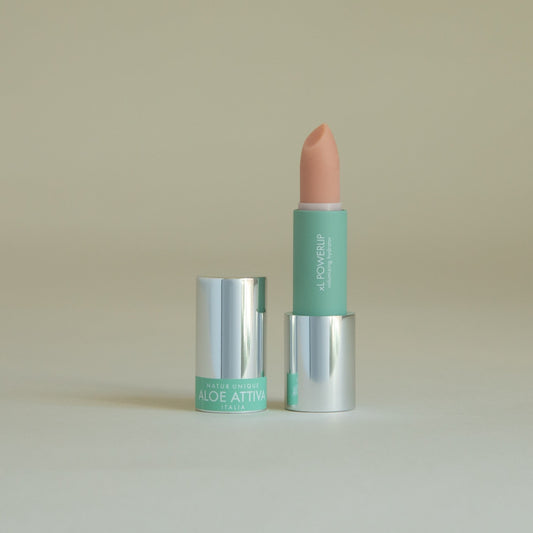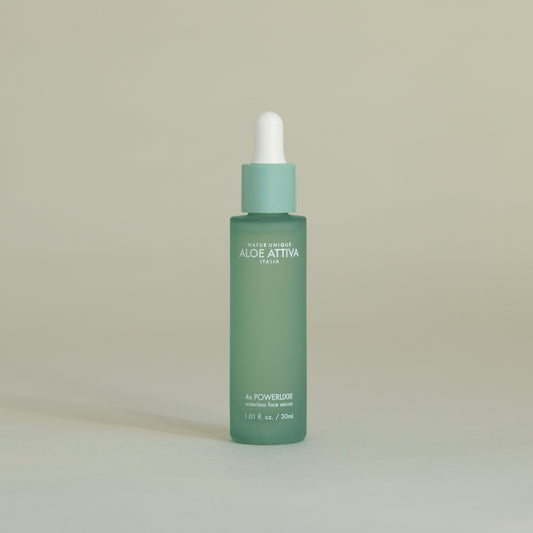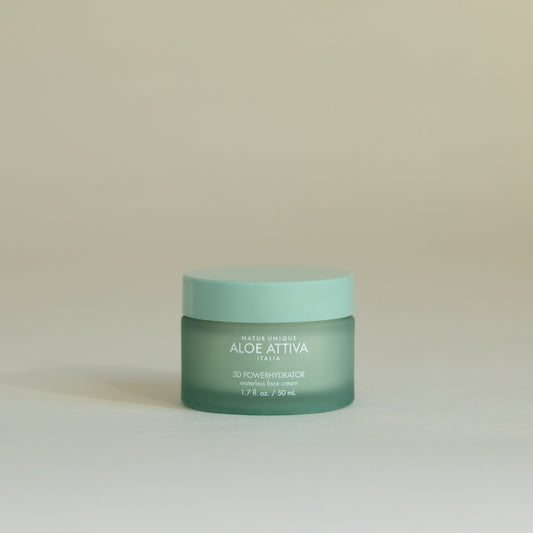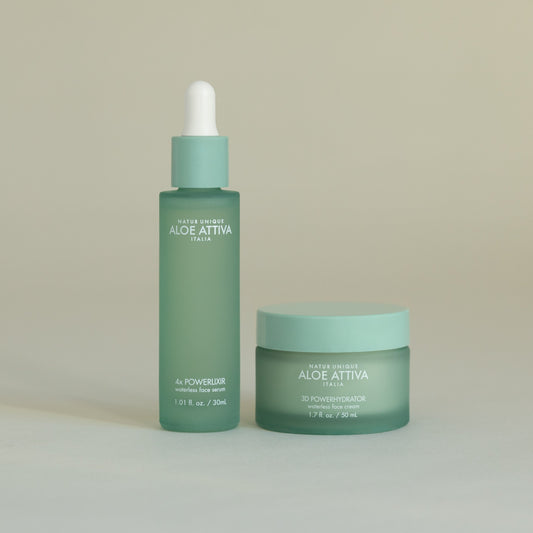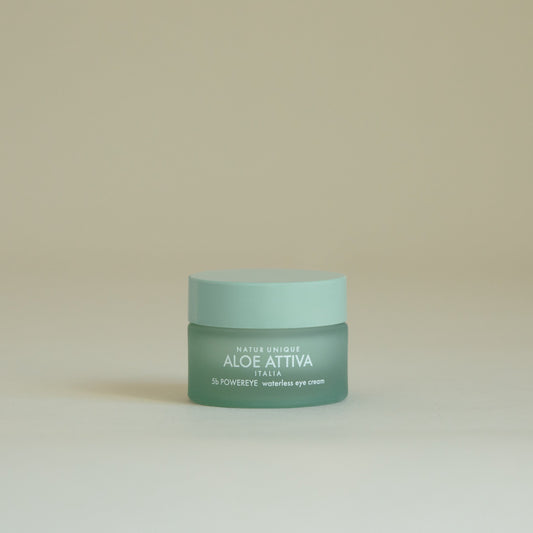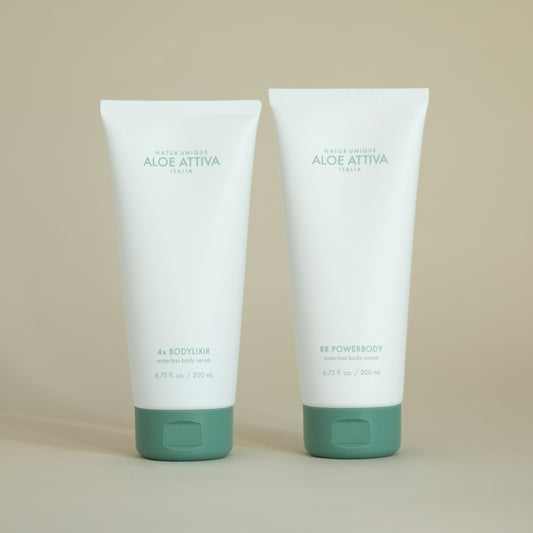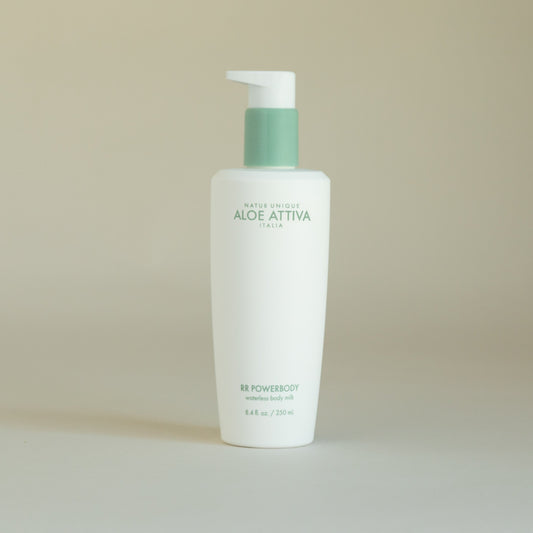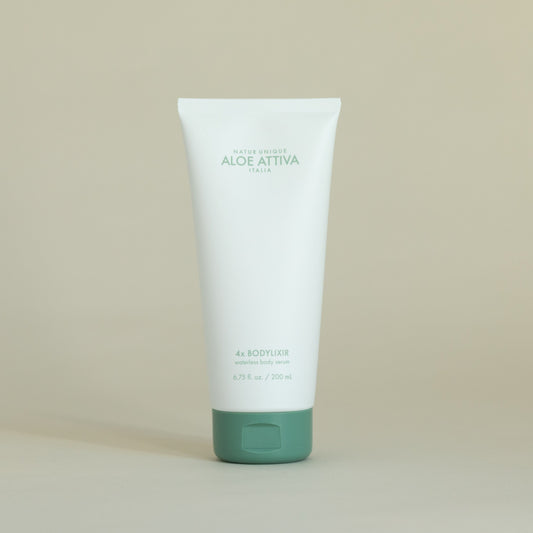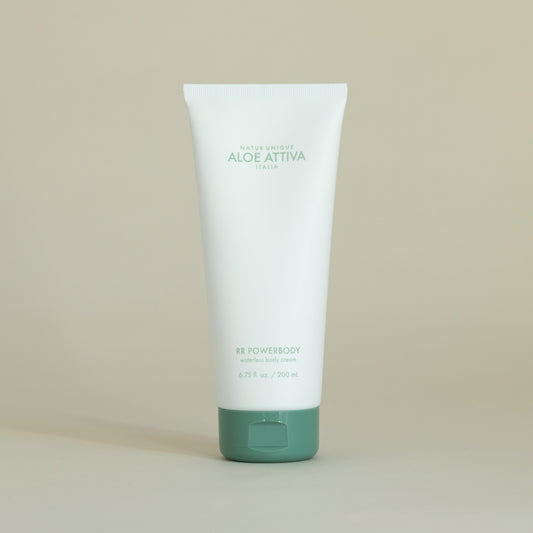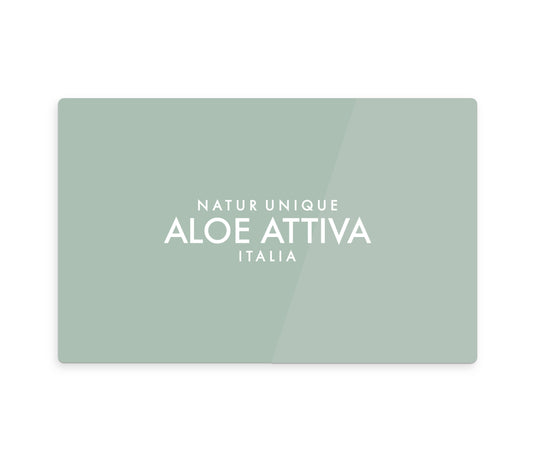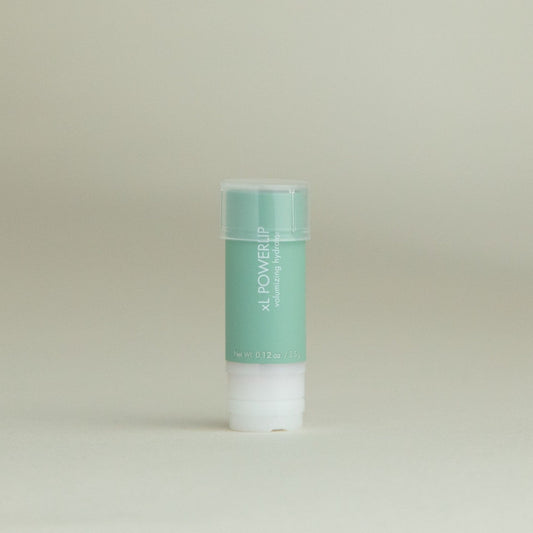
The Importance of Skincare Labels
Your Guide To Dissecting Labels
Skincare labels can be challenging to fully understand what you’re putting onto your skin. There are unknown words and marketing that can be deceiving and honestly just confusing. We all know that ingredients are important, but how can we tell what something is, what it does, and if it is actually good for our skin? Here is some advice on what to look for when reading skincare labels.
Ingredients are listed from highest to lowest concentration
This means that if a great ingredient is listed at the bottom you are not getting a lot of it, hence you are not benefiting from it. In contrast, this works the opposite way as well. You’d be surprised how often water is listed as the number one ingredient on ingredient lists. This is why at Aloe Attiva we choose a plant-based waterless formula- you get all of the benefits while avoiding diluted products.
If you're interested in a plant-based product, it will say so on the label
Antioxidant-rich plant-based skincare products restore and strengthen your body's cells. They do so by combating oxidants. The vitamins featured in plant-based skincare products are critical to maintaining healthy skin and they also support cell repair (which can help decrease signs of aging)!
Look at the label to make sure a product is cruelty-free
In short, “cruelty-free” simply means that a product and its ingredients were not tested on animals. Cruelty-free products also tend to typically be healthier for your skin because they avoid bad chemicals like parabens, sulfates, and synthetic dyes. Cleaner products are better for your skin, which means less breakouts, less inflammation, and less chance of an allergic reaction. In addition to it not only being better for your skin, it is practicing more mindful beauty practices and saving animals.
Don't be intimidated by the way an ingredient sounds
Many ingredients initially may sound harsh and seem bad for your skin by their names. In reality, these ingredients can actually be very beneficial to your skin. For example, hyaluronic acid is an extremely hydrating component of the skin that is advantageous to have in your skincare products, but has an intimidating name. Another example is tetrahexyldecyl ascorbate which is a form of vitamin C! Look out to avoid sulfates, parabens, dyes, and denatured alcohol that can be harmful to our skin and health.

